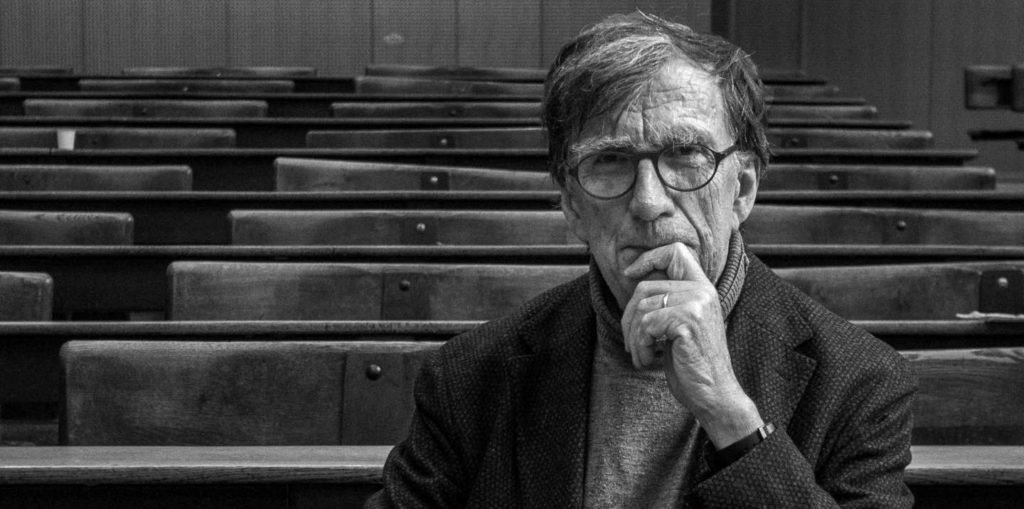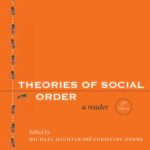
Questionando a distinção humano/não-humano (Latour in Barron 2003)
BARRON, Colin (ed.). 2003. A strong distinction between humans and non-humans is no longer required for research purposes: a debate between Bruno Latour and Steve Fuller. History of the Human Sciences 16(2):77-99.
THEORY as PLUG-INS:
For me, theory is like the plug-ins we have on computers on the internet. If you don’t have the right plug-in, you just don’t see things on the screen. […] A concept has to make a difference. (Latour, in: Barron 2003:79)
SUBJECT-and-OBJECT
[D]on’t try to overcome the subject-object distinction. It’s not made to be overcome. It’s not a defect of philosophy; it’s made to be un-overcomable. It’s made to make the distinction impossible. It’s made to do politics. It’s made to do war. (Latour, in: Barron 2003:79)
RECONHECER a RECALCITRÂNCIA ou PROPAGAR a IGNORÂNCIA:
[E]ither we change the way we talk about the discourse of practice, or we ignore our data. Most of the social sciences, of course, ignore the data. […] [A]s social scientists we have to try to find the concepts which make a difference, to listen to what people are saying. (Latour, in: Barron 2003:81)
KANT:
Every bad thing in the social sciences and philosophy always comes back to Kant. (Latour, in: Barron 2003:81)
O PAPEL DO CIENTISTA SOCIAL:
[A]s social scientists, our duty is not to put some order into the world. We are not rabbis. We are not priests. We are not policemen. We are not managers. We have to bring into our texts a little bit of the practice of the people we study. (Latour, in: Barron 2003:81)
We are not priests. We are not governing. We are carrying out a very helpful role as social scientists to make sure that there is no hegemony; to make sure that the multiplicity of voices in this parliament of things is heard. (Latour, in: Barron 2003:93)
HETERONOMIA x AUTONOMIA:
I’m all for heteronomy. Autonomy is not a project which is sustainable […]. I’m all for attachment. […] The morality of autonomy is a complete failure. […] ‘Attachment’ would be the word I would use, if we were to think about morality. (Latour, in: Barron 2003:86-7)
WITTGENSTEIN:
If Kant is bad, Wittgenstein is much worse. (Latour, in: Barron 2003:91)





 O LaSPA é sediado no Instituto de Filosofia e Ciências Humanas (
O LaSPA é sediado no Instituto de Filosofia e Ciências Humanas (